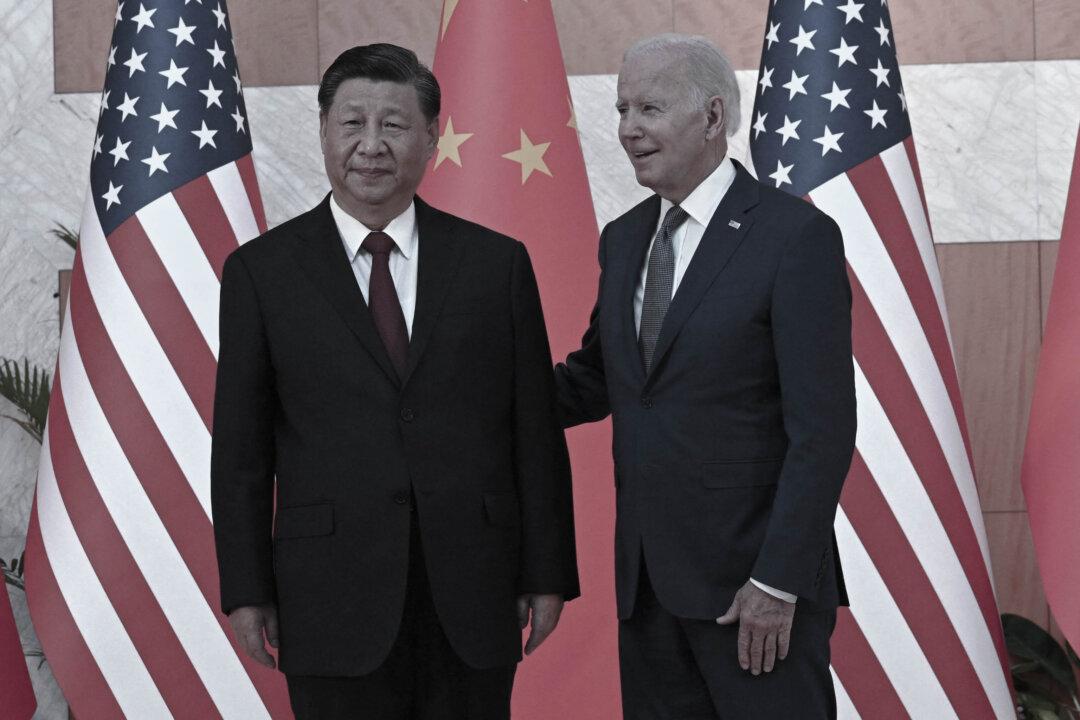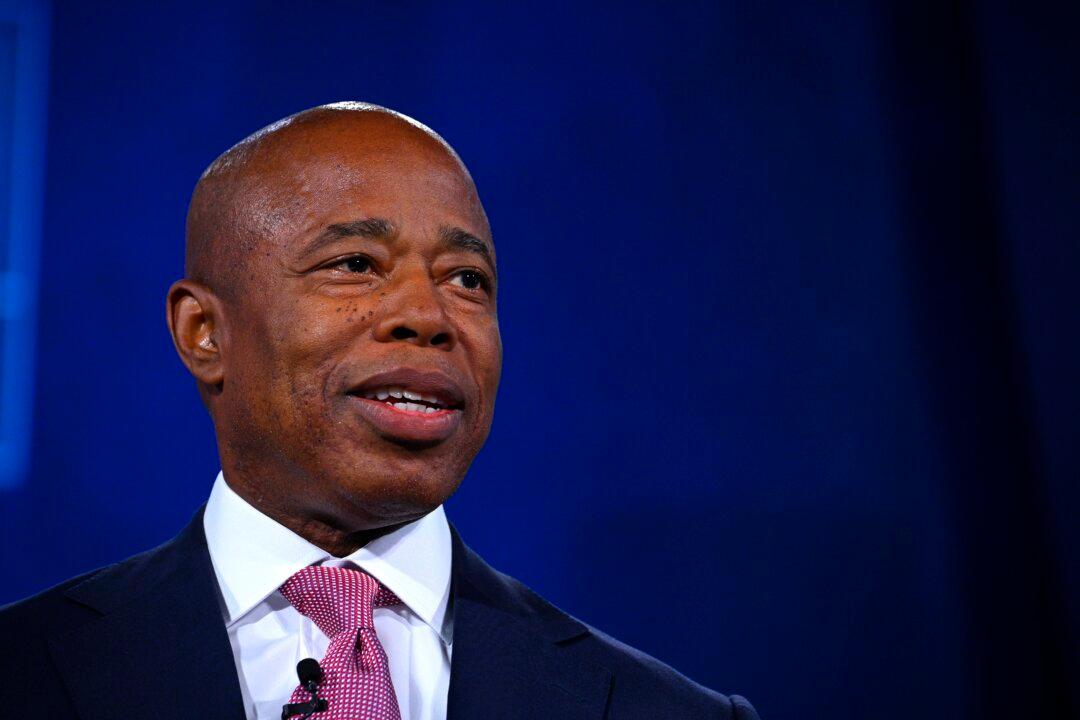As the Justice Department’s (DOJ) crackdown on Chinese-state-sponsored theft of intellectual property nets the high-profile conviction of Harvard University’s former chemistry department chairman, Charles Lieber, a growing list of critics of the DOJ’s “China Initiative” seeks to abolish the program, which they say unfairly targets Chinese academics.
Notable opponents of the China Initiative include Reps. Ted Lieu (D-Calif.) and Judy Chu (D-Calif.); a Stanford University faculty group named Winds of Freedom; and the Chinese American organization Committee of 100.


